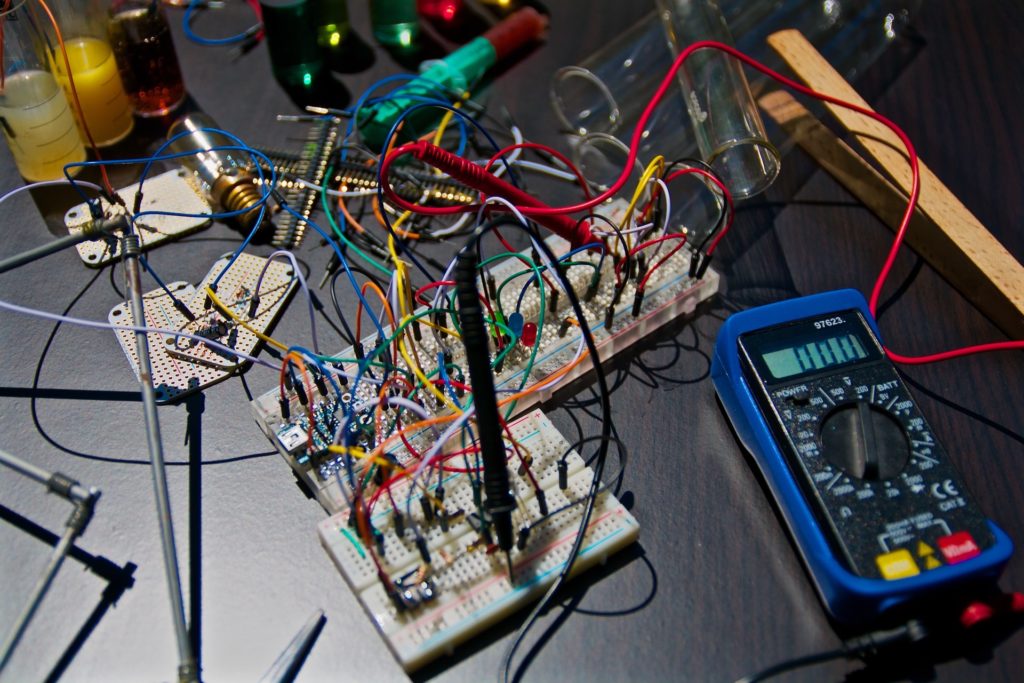


13 March, 2020
Electronic waste is the fastest proliferating waste stream in the world, generating an estimated 50 million tonnes a year and growing.
But the days of inbuilt obsolescence and replacing your mobile phone when the battery starts to give up could soon be over. This week, the European Commission announced plans to dramatically increase requirements for electronic goods to be easily repairable, and to contain components that can be simply replaced. It is also considering introducing a common standard for chargers (hallelujah!) and a scheme to make it easier for customers to sell or return old phones and other small electronic devices.
If effective, this represents a significant shift in the transition to a circular economy. But it is also part of a growing movement to repair, rather than replace, exemplified by the strangely compelling BBC series The Repair Shop in which expert craftspeople take worn-out, but sentimental, objects (think a clock, a teapot, a trainset) and restore them to their former glory. Also, part of this movement is the Restart Project in south London: a small but mighty social enterprise that aims to teach people how to fix their slow and broken devices, from tablets to toasters, through workshops and school activities.
As your thoughts inevitably turn to how to make use of more time at home over the coming months, perhaps this could be the moment to dust off that kettle at the back of the cupboard and get fixing.